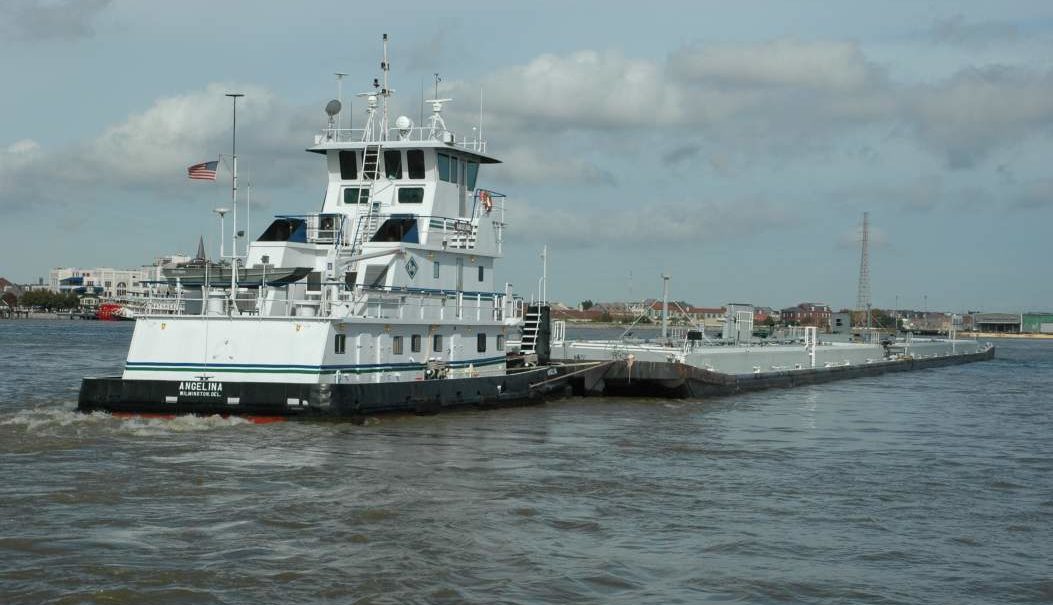While the coronavirus has paralyzed most industries, sending millions home to work or forcing painful layoffs, the inland barge industry continues to operate, picking up and delivering cargoes along the nation’s rivers.
Barge lines in all sectors have launched emergency plans to keep their vessels and workers safe, restricting access to vessels, doing health checks, setting up procedures for handling sick workers, sanitizing vessels and sending shore-side personnel home to work. Meanwhile, the Corps of Engineers has kept the locks and dams operating normally.
The Department of Homeland Security prepared guidelines in late March to help states identify essential workers who should stay on the job during any shutdowns, and mariners and port workers made the list.
The economic fallout appears to be affecting the barge industry in different ways. Those involved in hauling energy products and chemicals are busy and haven’t seen a drop in demand.
Kirby Corp., Houston, the nation’s largest tank barge operator, said in late March that demand for its inland and coastal liquid barging operations remained strong and that barge utilization rates were in the 95% range during much of that month.
Dry cargo movers face a weaker market, especially since business was already soft before the outbreak due to tariffs imposed by China on U.S. soybeans, and the continued decline in U.S. coal production. These two factors were among the reasons for the bankruptcy filing of American Commercial Barge Line in February.
The coronavirus has further depressed demand for grains from big buyers like China, but there’s hope that greater demand for food imports during the pandemic will produce more demand for barging. In addition, falling oil prices due to decisions by Saudi Arabia have further pushed down the price of natural gas which competes with coal.
The entire barging economy could change dramatically in the months ahead, however, should the world move into a recession and the virus spreads as many are predicting.
“We’re charting new territory here and working hard to manage the protocol for our business,” Ketra Anderson, a vice president with Crowley Marine, Seattle, said during a March webinar organized by the American Waterways Operators. “We’re trying to keep crews from being infected and our vessels operating.”




